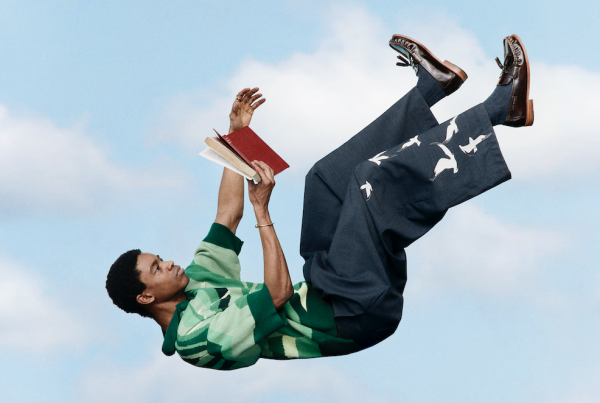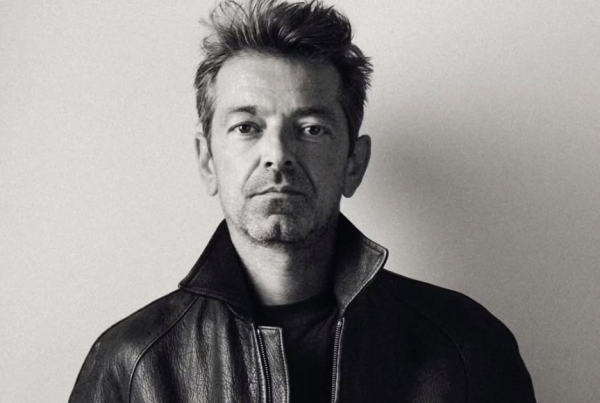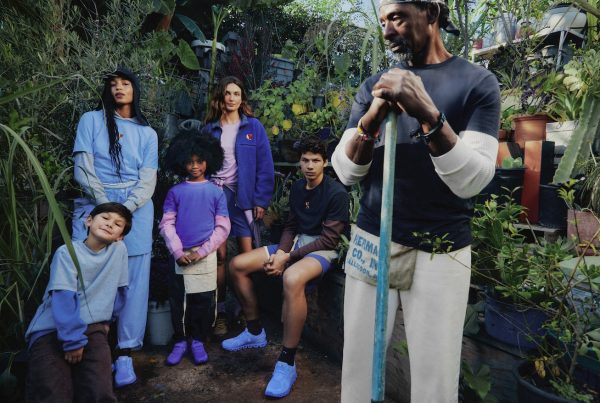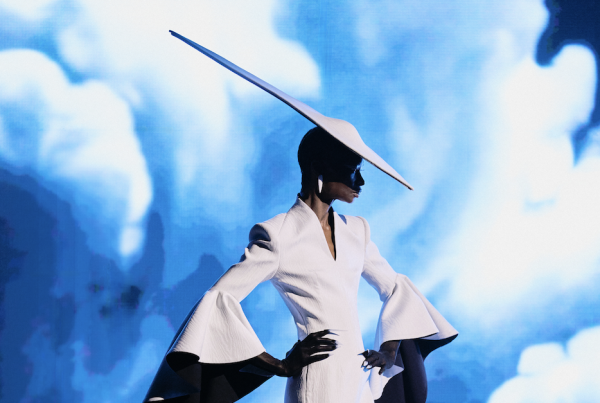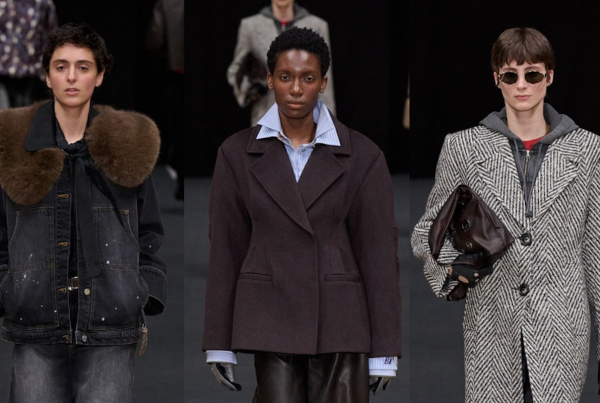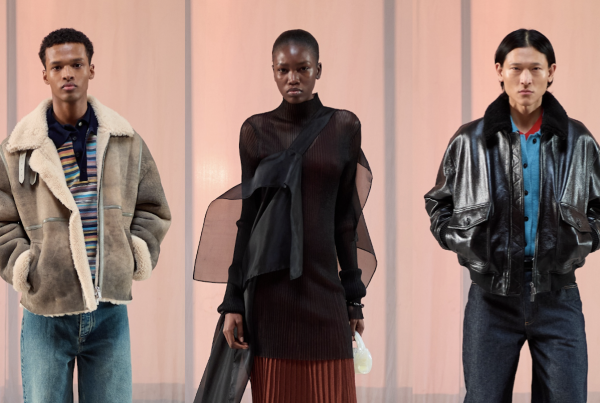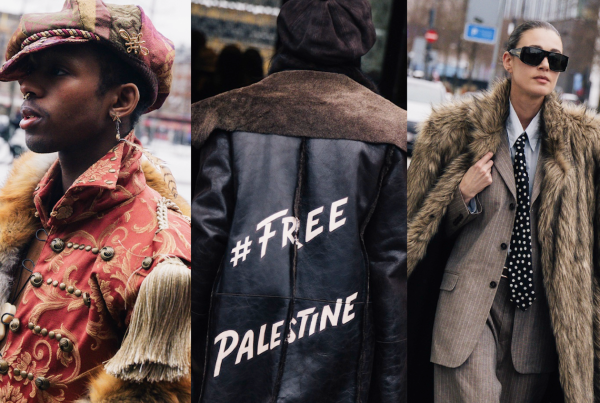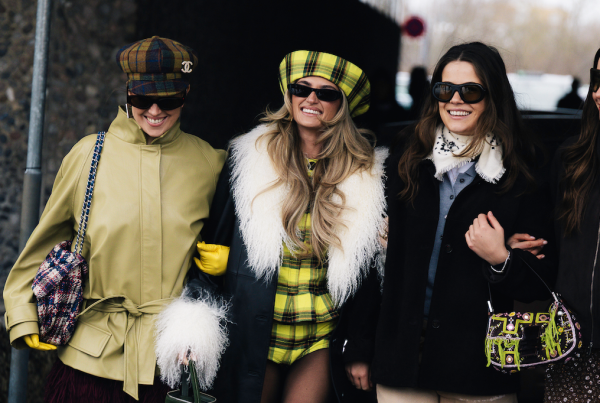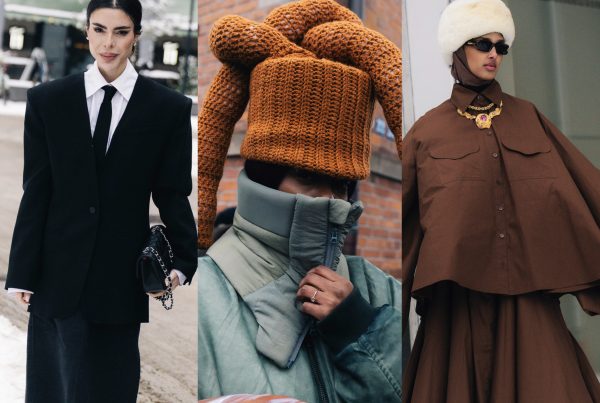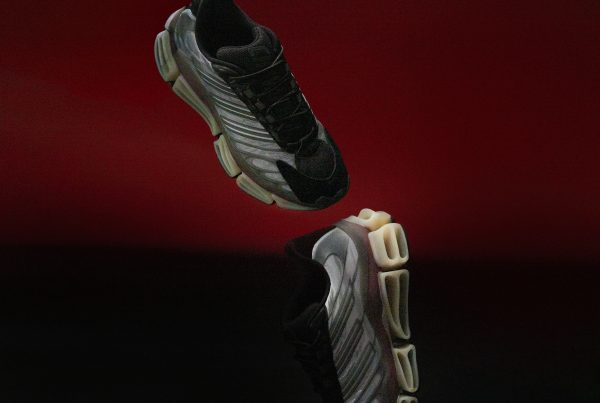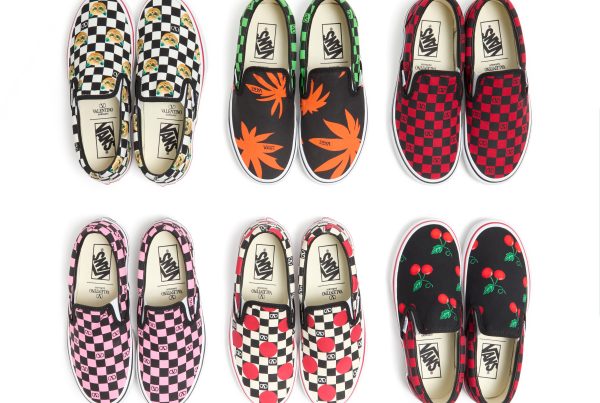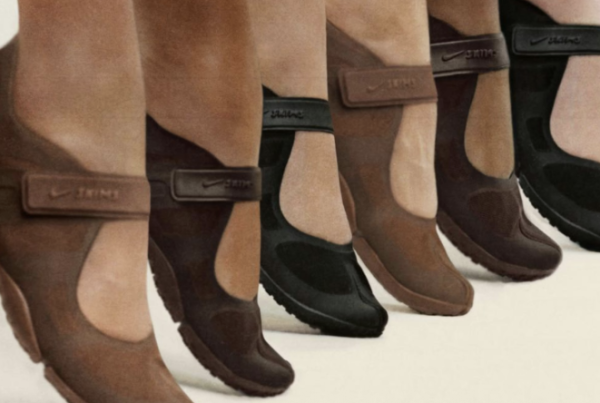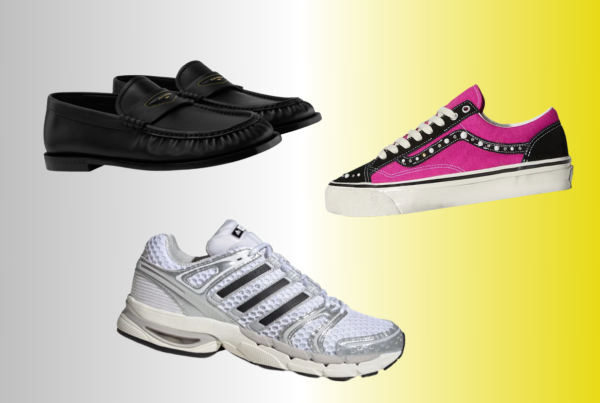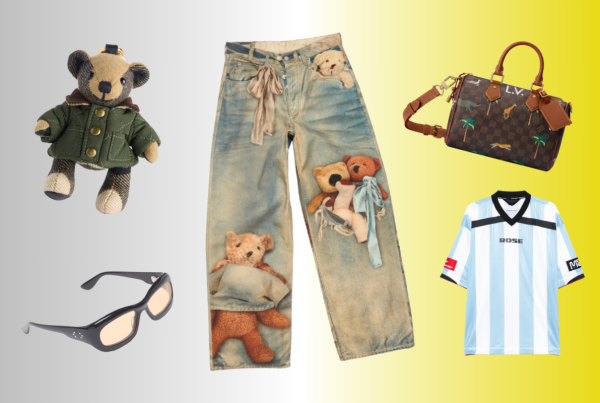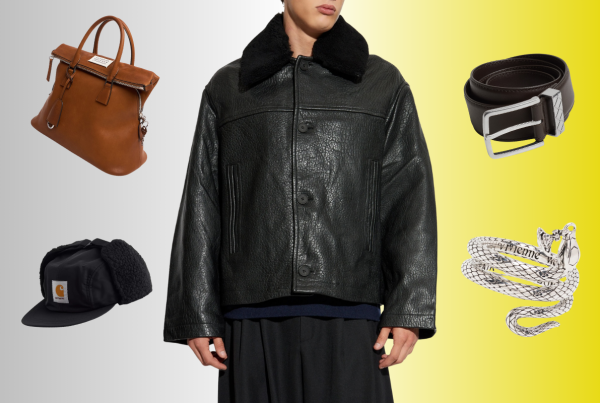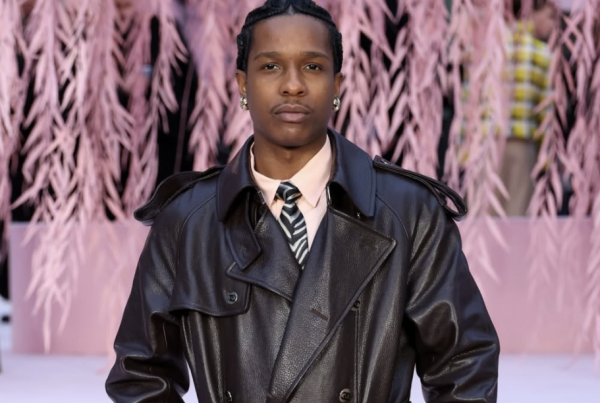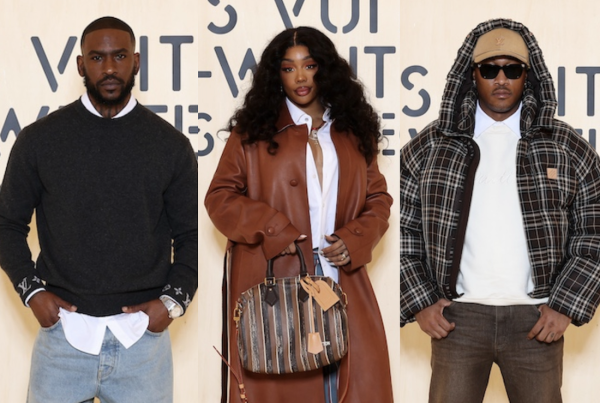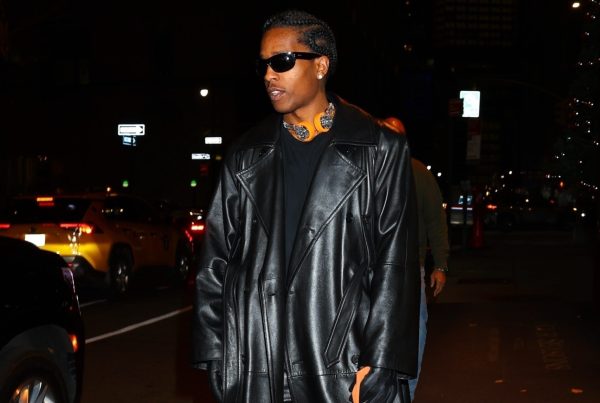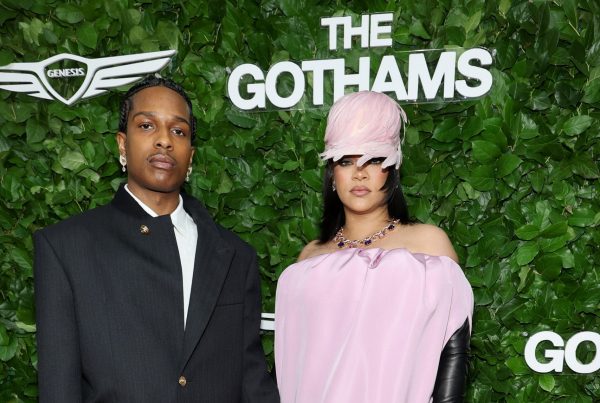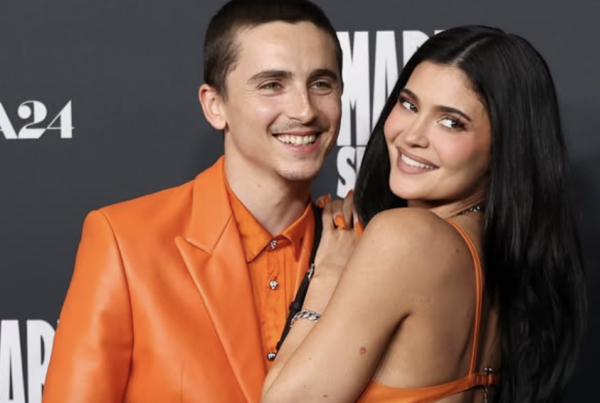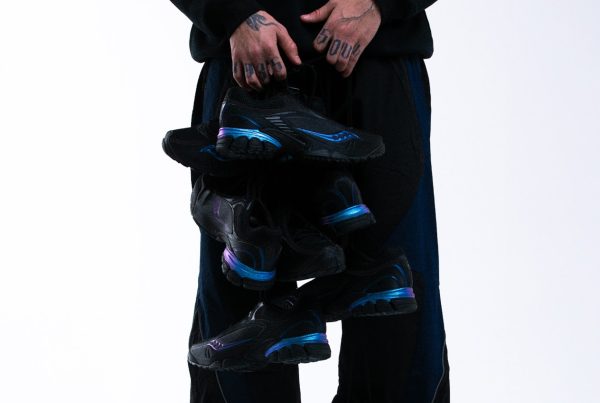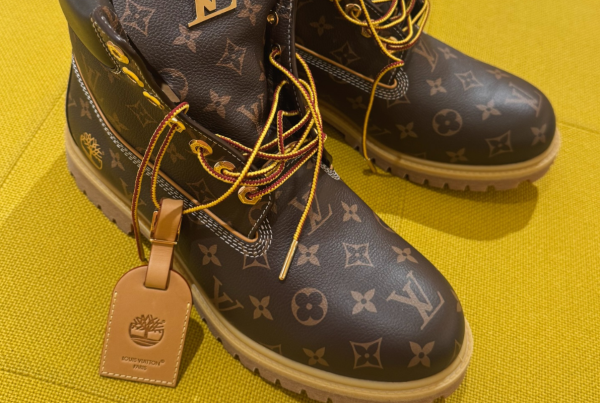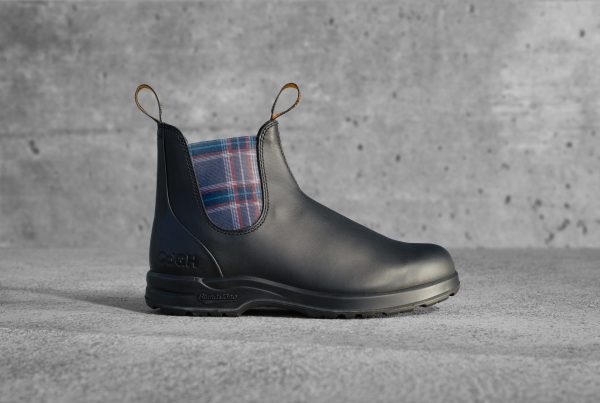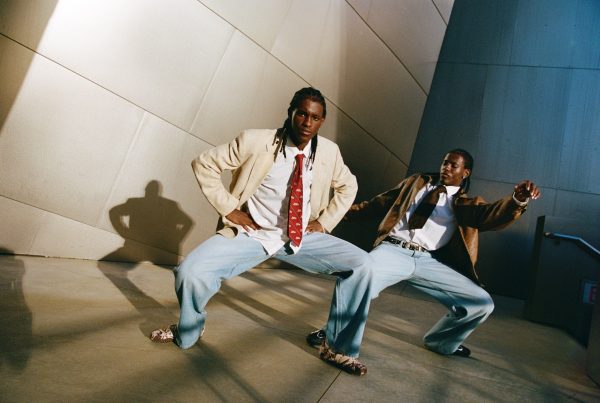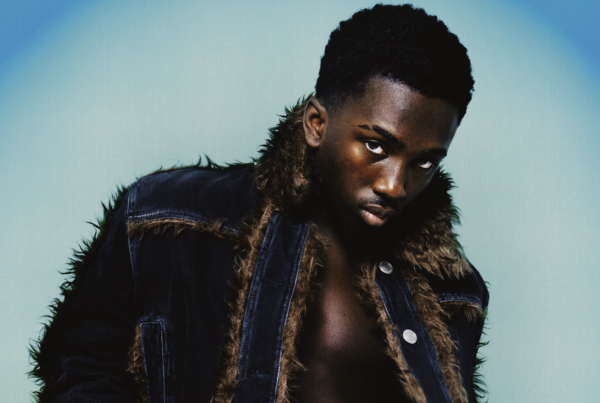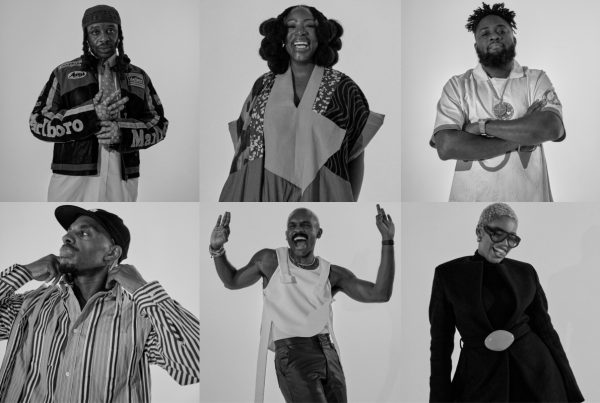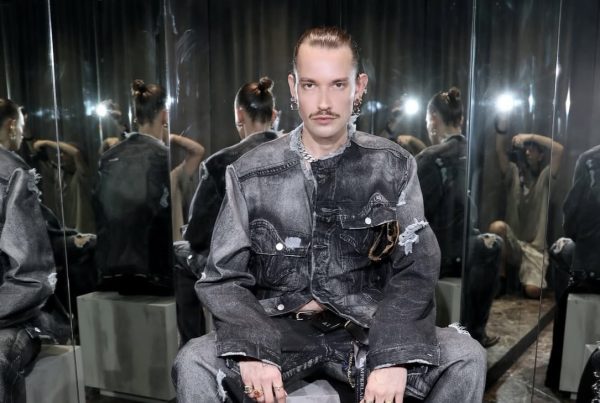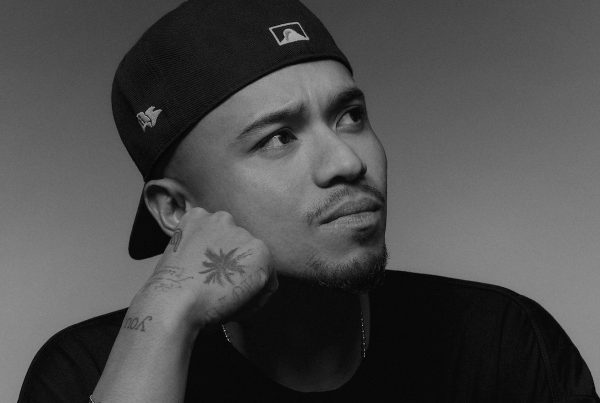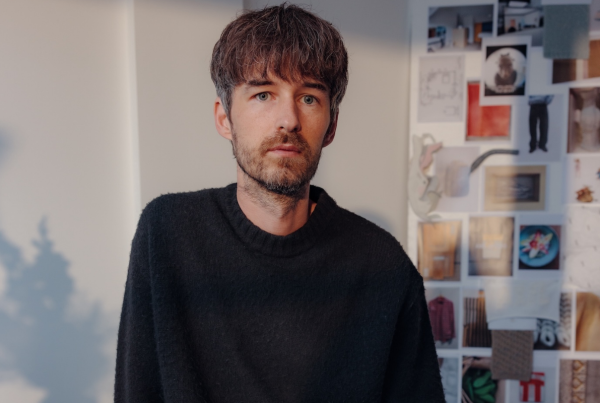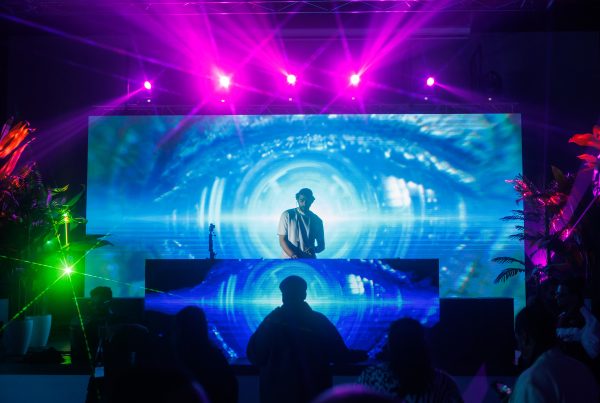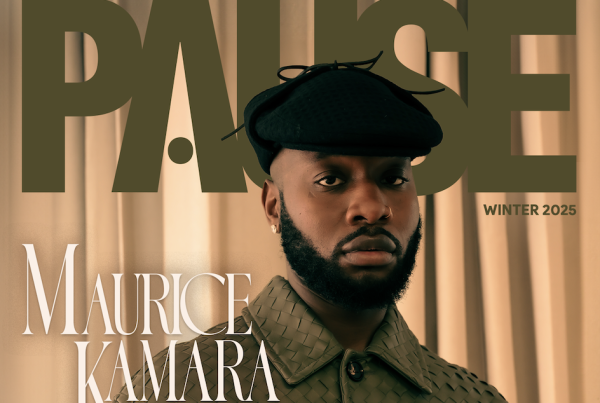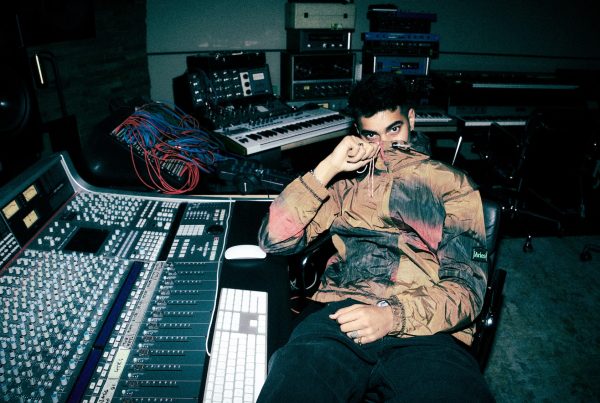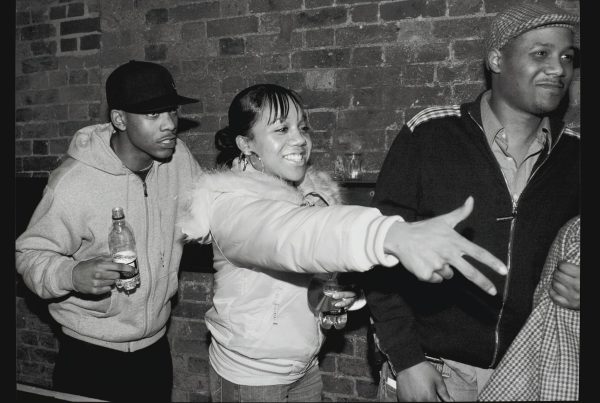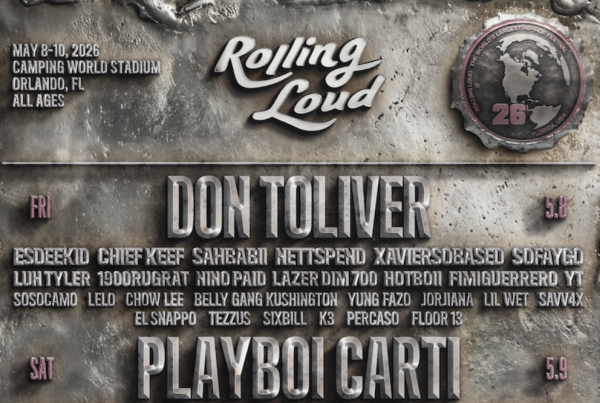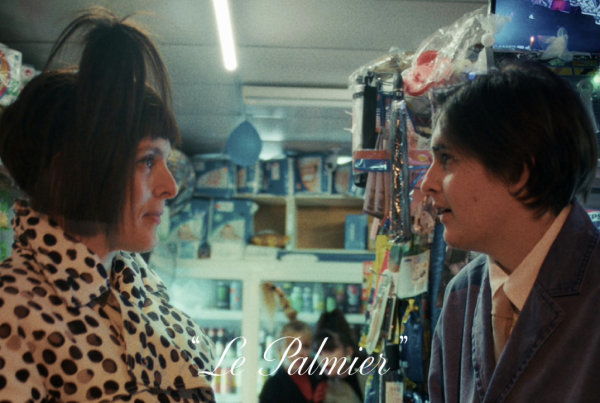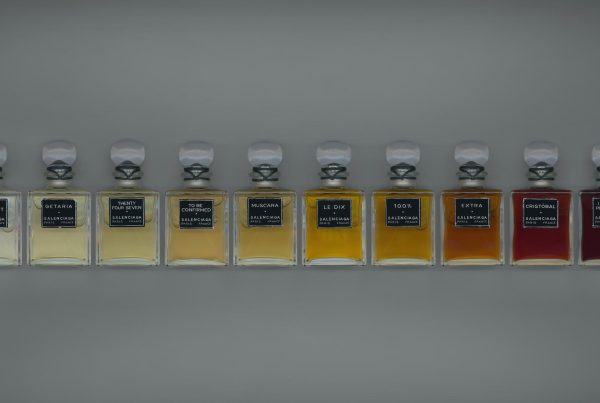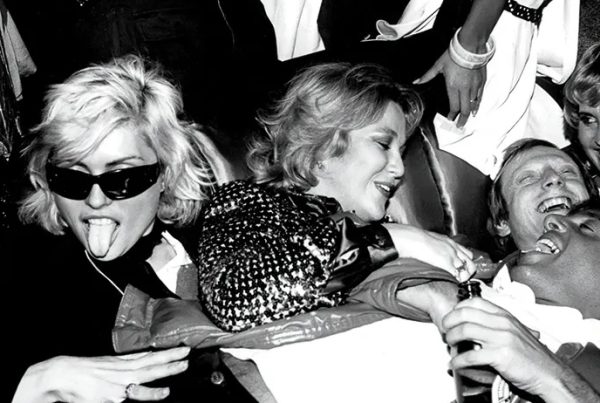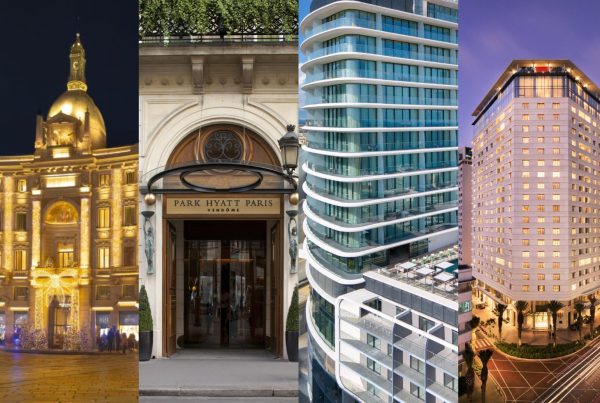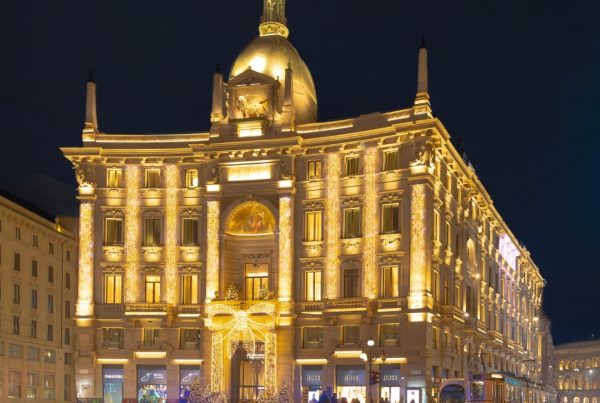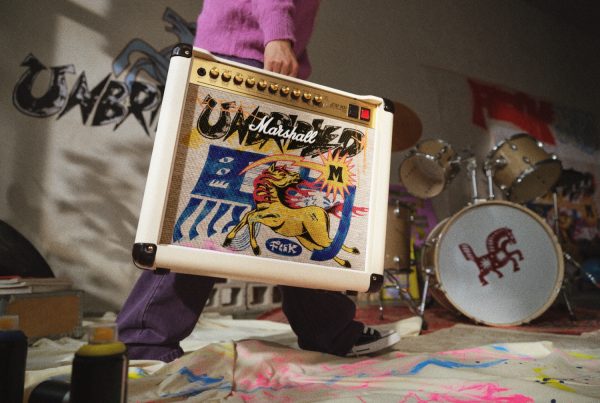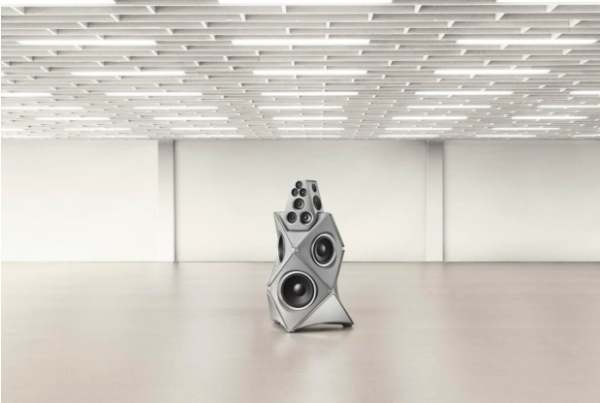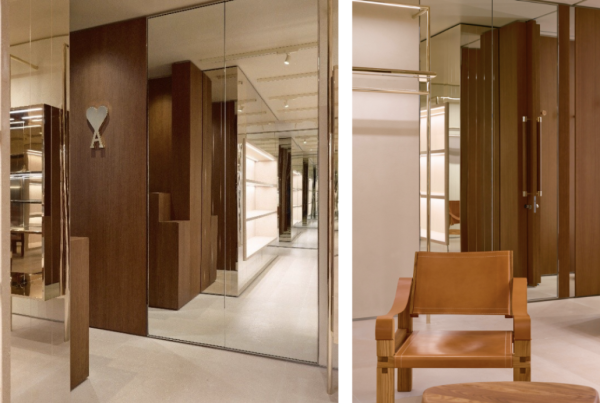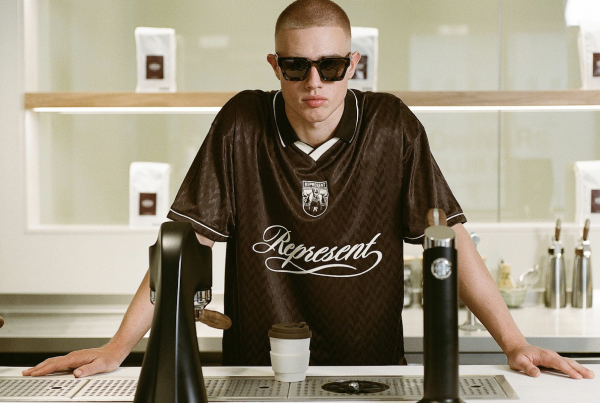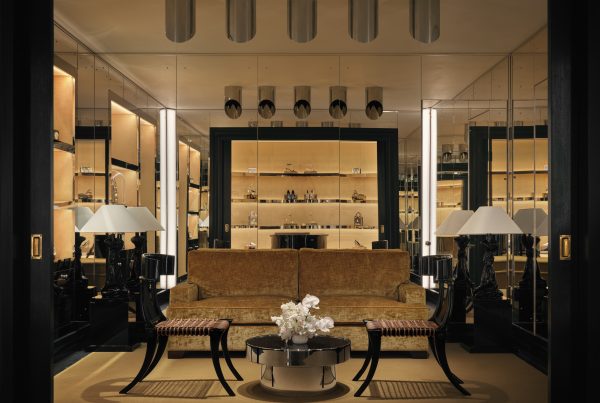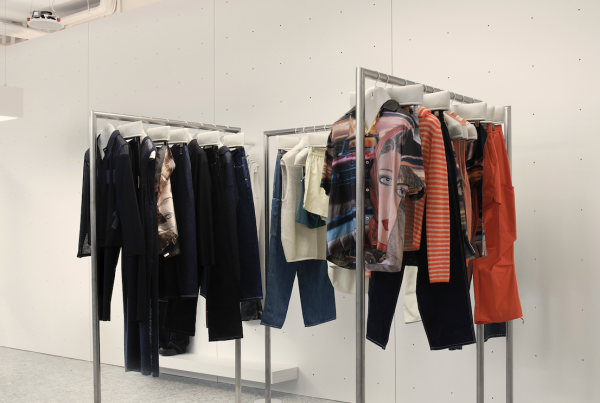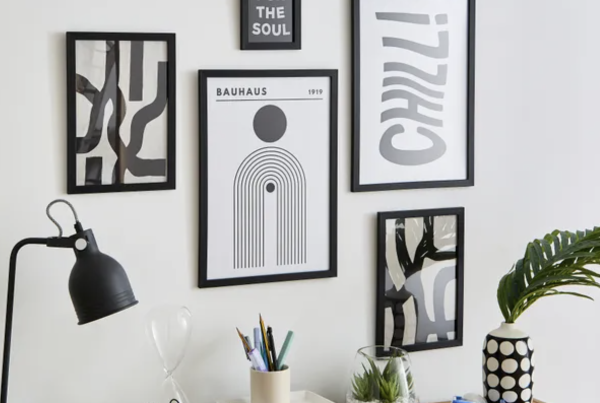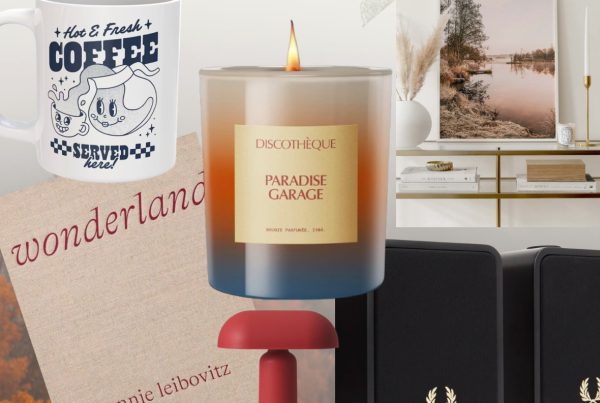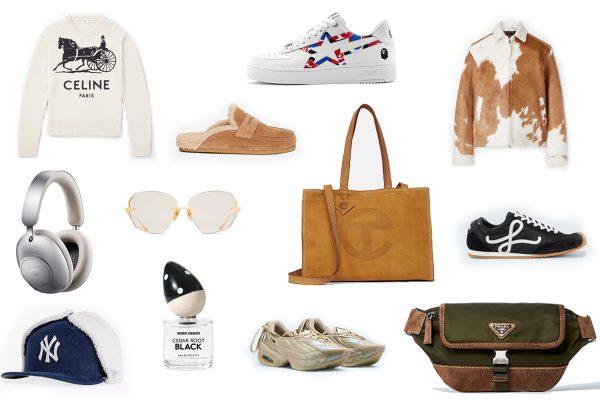Towards the end of last year, the British high-street chain Marks and Spencer was applauded by many when they followed other shops in announcing that they would no longer separate their toys into the categories ‘Boys’ and ‘Girls’. This month in Milan, some saw another example of the breakdown between the distinctions between the two sexes.

In previous years, the industry has stringently separated men’s and women’s fashion. This appeared to make sense from a retail point of view, there being many shops – not to mention magazines – that only cater for one sex. Others such as Topshop and Topman make a clear differentiation between the two, and in almost all you won’t find ‘Men’s’ and ‘Women’s’ on the same floor.
The rigid boundaries are surprising considering the recent rise in awareness of people who are transgender, and the words ‘sex’ and ‘gender’ are slowly prized apart. Indeed, in the fashion world itself, androgyny has long been in vogue, leading to the success of male models such as Andrej Pejic, who in 2011 was mistakenly named by FHM, (aptly titled For Him Magazine), as the 98th sexiest woman in the world.
Perhaps this distinction is soon to change as we begin to buy more clothes online, and the switch between the two is only a matter of a couple of clicks, or a few scrolls down the page. Sites that cater and offer discounts for a variety of high-street brands, such as this one here, make such a switch even simpler, and take away the social stigma some might feel, shopping in the ‘other’ sex’s department.
Ladies in the House
At this year’s Men Fashion Week in Milan, Prada and Moncler Gamme Bleu challenged the status quo by featuring women in their shows. Though this initially provoked consternation, the move was generally seen as a success, and Moncler Gamme Rouge have announced that they will have men on the catwalk at Paris’s Fashion Week.
However, the use of women in Milan was clearly done with the intention of contrasting sexuality and style, as oppose to blending it. Indeed, the entire week in Milan was filled with plus-4s, hooded parkas and backpacks, emphasising a traditional male sexuality. True to their ecological agenda, Vivienne Westwood had her men in outdoors clothes and tracksuits, and Calvin Klein principally used olive, camel and blue-grey colouring, as if preparing his models for a stealth operation. Their loose trousers fitted with copper and silver enabled them to march away at the first scent of make-up or florals.

